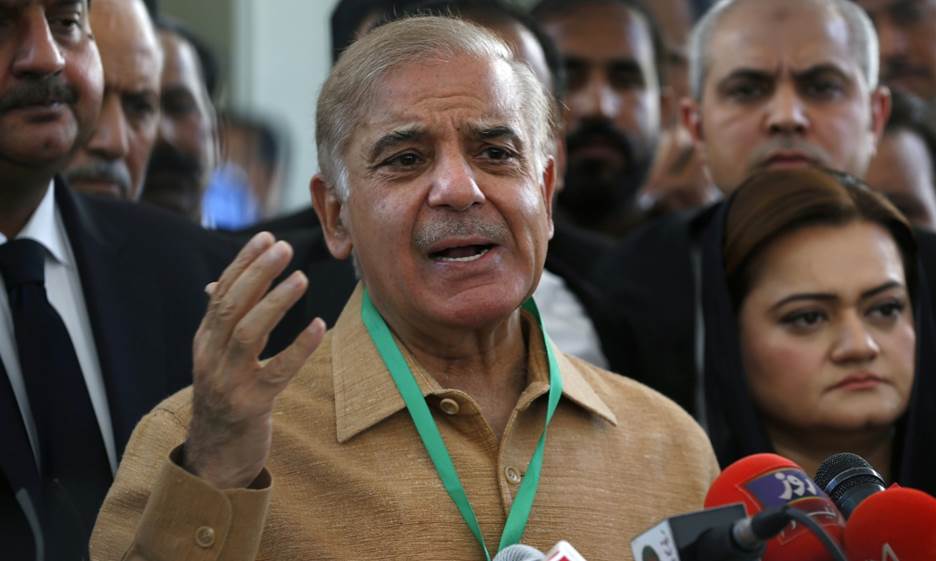
Global Times
Sharif Tanks the Economy
By Nayyer Ali MD

Pakistan’s economy has been in a tailspin ever since the parliamentary maneuvers that took down Imran Khan’s government last spring. The blame lies squarely with the new government, whose strongest party remains the PML-N, now led by Nawaz Sharif’s brother Shahbaz Sharif. The Imran Khan government led Pakistan successfully through the challenge of COVID and restored the economy to a growth path, with GDP expanding over 5% for the last two fiscal years ending in June.
Since the summer though, the economic indicators have turned ugly. Inflation, which was running rather high at about 9%, took off and is now over 20%. Exports and remittances are down. The current account balance has been better, but that is due to strict import controls. This policy has the unintended consequence of harming Pakistani industry, where factories are reliant on imported items to maintain production. Factories across Pakistan have been closed due to lack of needed imports. The government has also reversed the previous policy of allowing the exchange rate to be determined by market forces. Instead, the government has propped up the exchange rate, which makes imports somewhat cheaper, but hurts Pakistani exporters. The Pakistani rupee is now about 10% overvalued given the corroding effect of inflation on the real value of the currency.
Meanwhile, the government continues to waste money on subsidies for petrol. The beneficiaries of these policies are not the poorest, who don’t own cars or motorbikes. This wasted subsidies runs up the deficit and puts additional pressure on the national budget to find a way to pay for this.
The end result of these misguided policies is that the IMF has put its lending facility to Pakistan on hold. The government continues to negotiate in the hope that the IMF will revive the agreement, but that’s not going to happen as long as the government wants to continues these wrongheaded actions.
While the IMF does not lend Pakistan a large amount of dollars, what it does do is give other lenders the assurance that Pakistan is running itself with at least a modicum of fiscal prudence. When the IMF withholds its approval, the other private and national lenders that hold the vast bulk of Pakistan’s dollar debt stop lending to Pakistan. This is a problem because Pakistan owes billions of dollars to these lenders, and normally does not actually pay this money back. Pakistan normally pays the interest on these debts, but the lenders simply renew the loans and do not demand return of their principal. In the last six months, however, Pakistan has not been able to roll over debt and has had to dip into its foreign currency reserves to pay back these loans. As such, Pakistan’s foreign exchange reserves have dried up, dropping to less than 10 billion dollars.
Earlier this year global commodity prices had surged, and these price hikes hit Pakistan hard and fed inflation. But by the end of 2022 commodities have lost much of those price gains, and even crude oil is cheaper than it was before the Ukraine War started. Despite these now favorable circumstances, Pakistan’s inflation has spiked into near record territory.
The patchwork coalition of disaffected parties that toppled Imran Khan are staring into the political abyss. They have clearly made a complete mess of the situation and lack the political strength to take the necessary tough actions to get back into the IMF’s good graces. The next election is due this summer, and the PTI is likely to sweep to a convincing majority. This time they will not need partners that can be peeled off by political games. Instead, they will have a mandate to rule the nation for the next five years and will hopefully put Pakistan’s house in order. Imran Khan should be the next Prime Minister, but even if the military and courts act to ban him from holding office personally, his political movement in the form of the PTI will still win handily.
The next government is going to have major challenges it will need to deal with head on, but if Pakistan can get decent governance for ten years, it will make the leap to a middle-income nation and will undergo a stunning transformation.

